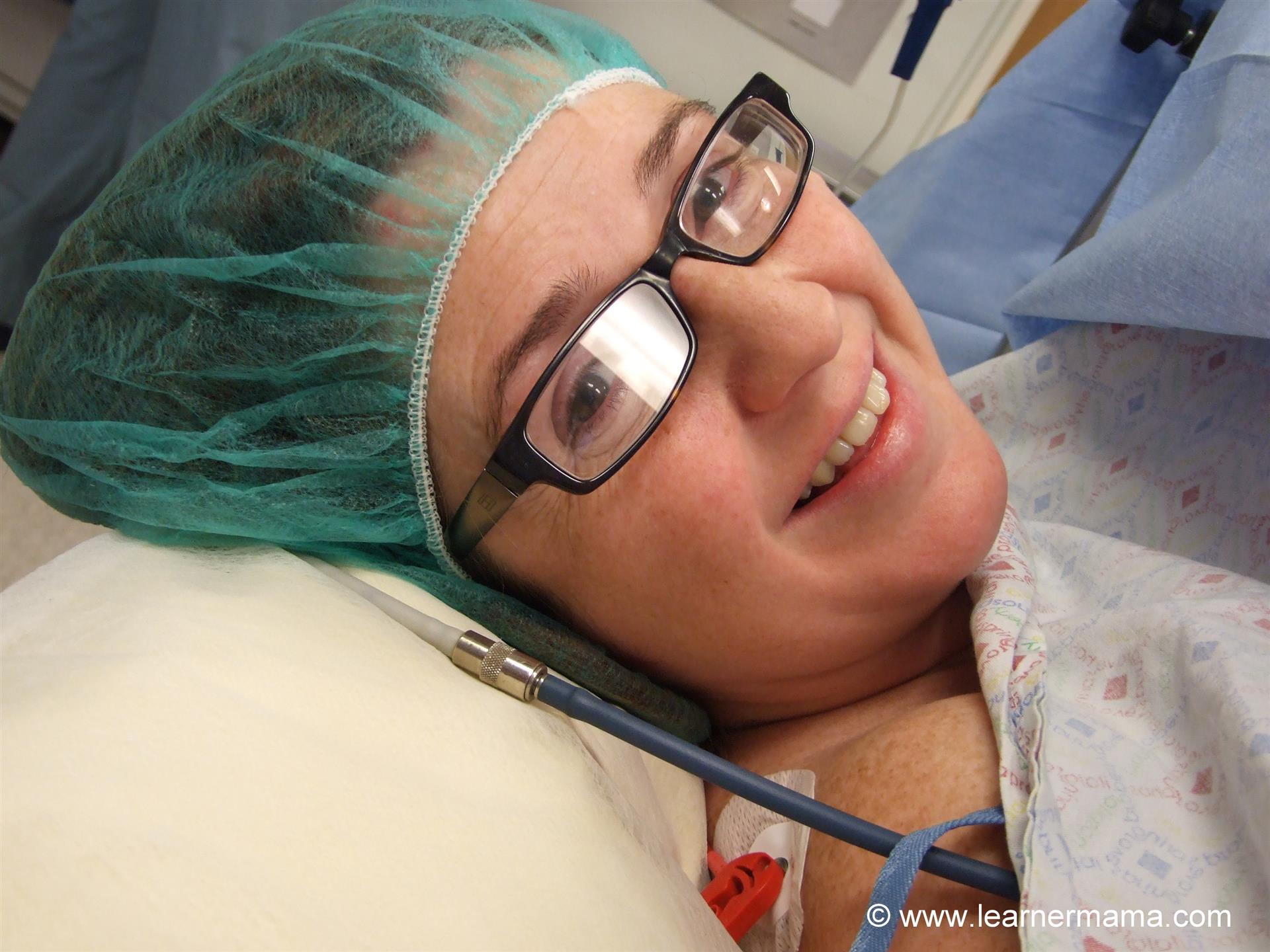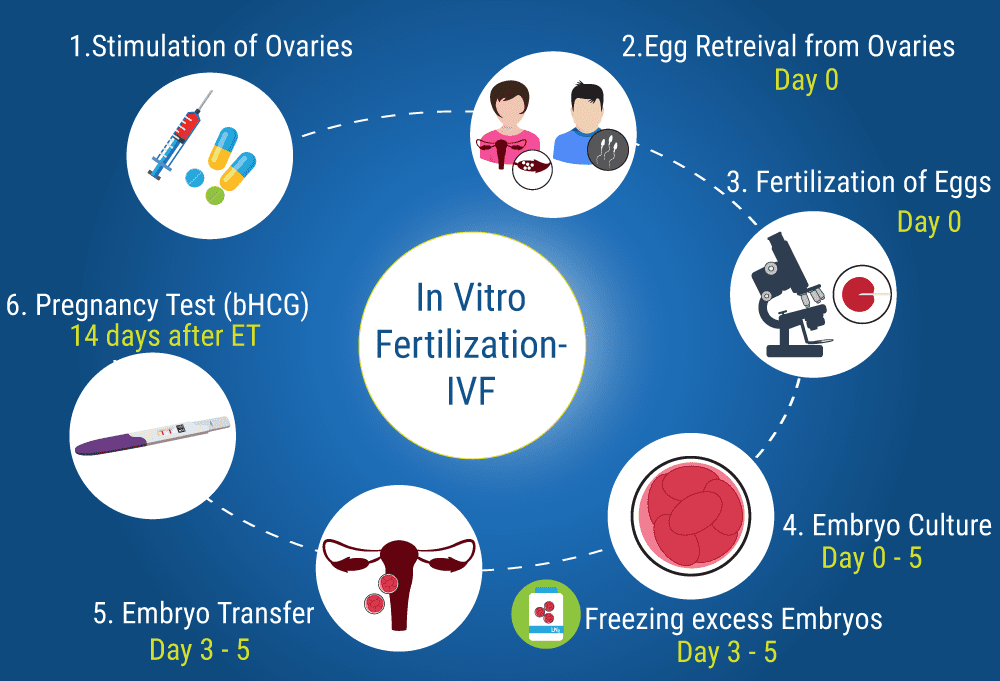Looking forward to the birth process? Most surrogates choose to become surrogates because they have had such a wonderful experience with pregnancy and birth. But, in case the big day doesn’t go the way you and your Intended Parents have planned, or if you already know you will be having a cesarean, here are some tips for pre and post cesarean surgery.
After a cesarean, you are likely to be in the hospital for 3 -5 days. You should bring a picture ID, insurance card and a copy of your pre-birth order. Also, pack a few personal items such as: toothbrush and toothpaste, hairbrush and hair bands, deodorant, chap stick, face wash and moisturizer. The hospital typically provides shampoo, soap and lotion, but pack some if you prefer your own. If you wear contacts, bring your eyeglasses; it may be more comfortable throughout your hospital stay.
As far as packing is concerned, a bathrobe, nightgown, slippers and a comfortable pair of socks may be the most comfortable for you. For pants and underpants, make sure the waistband is loose enough so it doesn’t press on your incision. Pack a good bra or two in your bag. A comfortable nursing bra, whether you breastfeed, pump, or do not do either, will provide some comfort and support when your milk comes in.
The first few days after a c-section are delicate days. Laughing may hurt, but moving will actually do you some good. You will feel better when you are upright and improve circulation to prevent blood clots, which can be dangerous. And as unappealing as hospital food may seem, try to eat as soon as you get permission from your doctor. Eating will aid in recovery and give you the energy you need to heal. And what comes hand in hand with eating? Drinking! Stay hydrated! Hydration will help with that very important and sometimes uncomfortable first bowel movement.
Make sure you take it easy. Keep your scar clean and wear loose fitting clothes. Make sure you check your incision for infection. Have your doctor look at your scar if it becomes tender, swollen, or if liquid is seeping from the incision.
Sources: The Mayo Clinic Guide to a Healthy Pregnancy; The American College of Obstetricians and Gynecologists educational pamphlet Cesarean Birth








